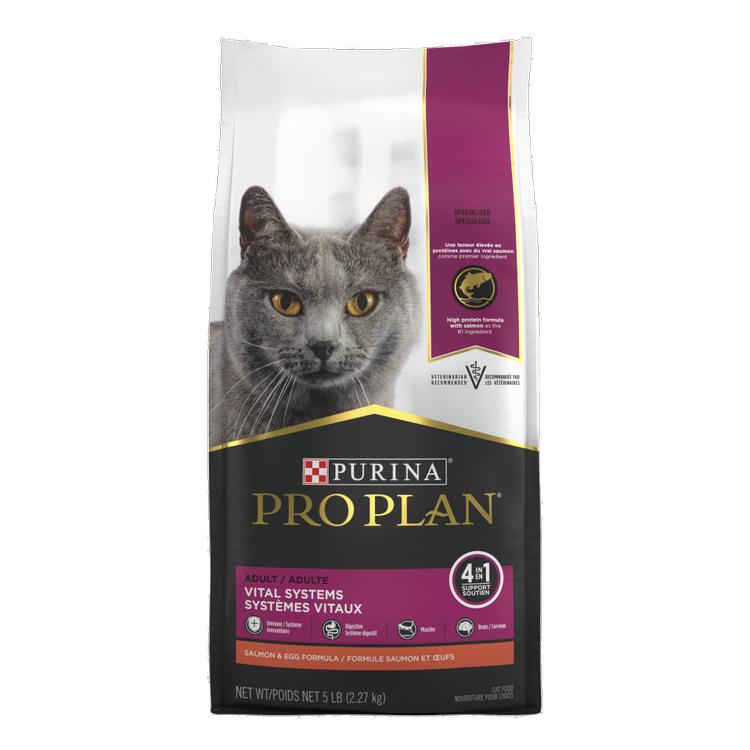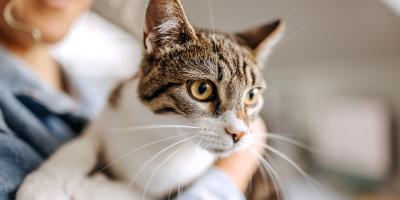
Yes, cats can eat eggs. Fully cooked eggs are a nutritious treat for cats and are packed with essential nutrients like amino acids—the building blocks of protein. Eggs are also highly digestible, making them a great occasional snack.
Whether scrambled or boiled, eggs are safe for cats as long as they’re cooked thoroughly, with no added salt, spices, or shell. Of course, given the unpredictable nature of feline behaviour, a better question might be, “will my cat eat eggs?” Only your cat can answer that one.
Are Eggs Good for Cats?
Absolutely. Cats are obligate carnivores, meaning their diet should consist primarily of animal-based protein. Egg whites are rich in protein, while the yolk provides healthy fats. But eggs offer more than just protein.
Nutritional Benefits of Eggs for Cats
Here are some of the key nutrients in eggs that support feline health:
- Amino Acids: Eggs contain a wide variety of amino acids, including taurine, which is vital for vision, digestion, heart function, immune support, and healthy pregnancy in cats.
- Healthy Fats: Cats need healthy fats in their diet. Eggs offer monounsaturated fats for heart health and polyunsaturated fats like omega-3 and omega-6 fatty acids, which support the brain, nervous system, and cardiovascular health.
- Vitamins: Eggs are a source of several important vitamins, including A, B12, D, E, Biotin, Riboflavin, and Thiamine. These contribute to energy production, immune support, and overall vitality.
- Minerals: Iron, selenium, and zinc are found in eggs and help with hemoglobin production, immune function, and collagen synthesis.
Are Eggs a Complete Meal for Cats?
No, eggs are not a complete meal. While nutritious, they lack several essential nutrients cats need to thrive. That’s why eggs are often included as part of a balanced formula in commercial cat foods, but should not replace a full meal.
How Much Egg Can I Feed My Cat?
Moderation is key. Eggs should be treated as a snack or treat, not a staple. According to Purina Nutritionist Karina Carbo-Johnson, MS:
“A moderately active ten-pound cat needs an average of 250 calories per day. Eggs should be considered treats and make up no more than 10% of your cat’s daily calories. A large egg contains about 70 calories, so your cat should only receive a small portion.”
Can Cats Eat Raw Eggs?
No. Raw eggs are not safe for cats. They may contain harmful bacteria like Salmonella. Additionally, raw egg whites contain avidin, a protein that inhibits biotin absorption, potentially leading to a vitamin deficiency. Cooking eggs eliminates these risks.
Will My Cat Try an Egg?
Maybe. Cats are famously finicky and curious. Some may love eggs, while others won’t touch them. Try offering a small piece of cooked egg and observe your cat’s reaction.
If your cat enjoys eggs, consider choosing Canadian-made pet foods that feature eggs as a key ingredient. Look for products with “Made in Canada” labels to support local businesses and ensure high-quality standards.
Can Kittens Eat Eggs?
Yes, kittens can eat eggs, but only in very small amounts. Because kittens have specific nutritional needs and lower calorie requirements, it’s best to stick with kitten-formulated food and treats designed for their life stage.
Explore More Pet Nutrition Advice
Want to learn more about what’s safe and healthy for your cat? Visit our Pet Expertise page for trusted advice from Canadian pet care professionals.
Related articles




